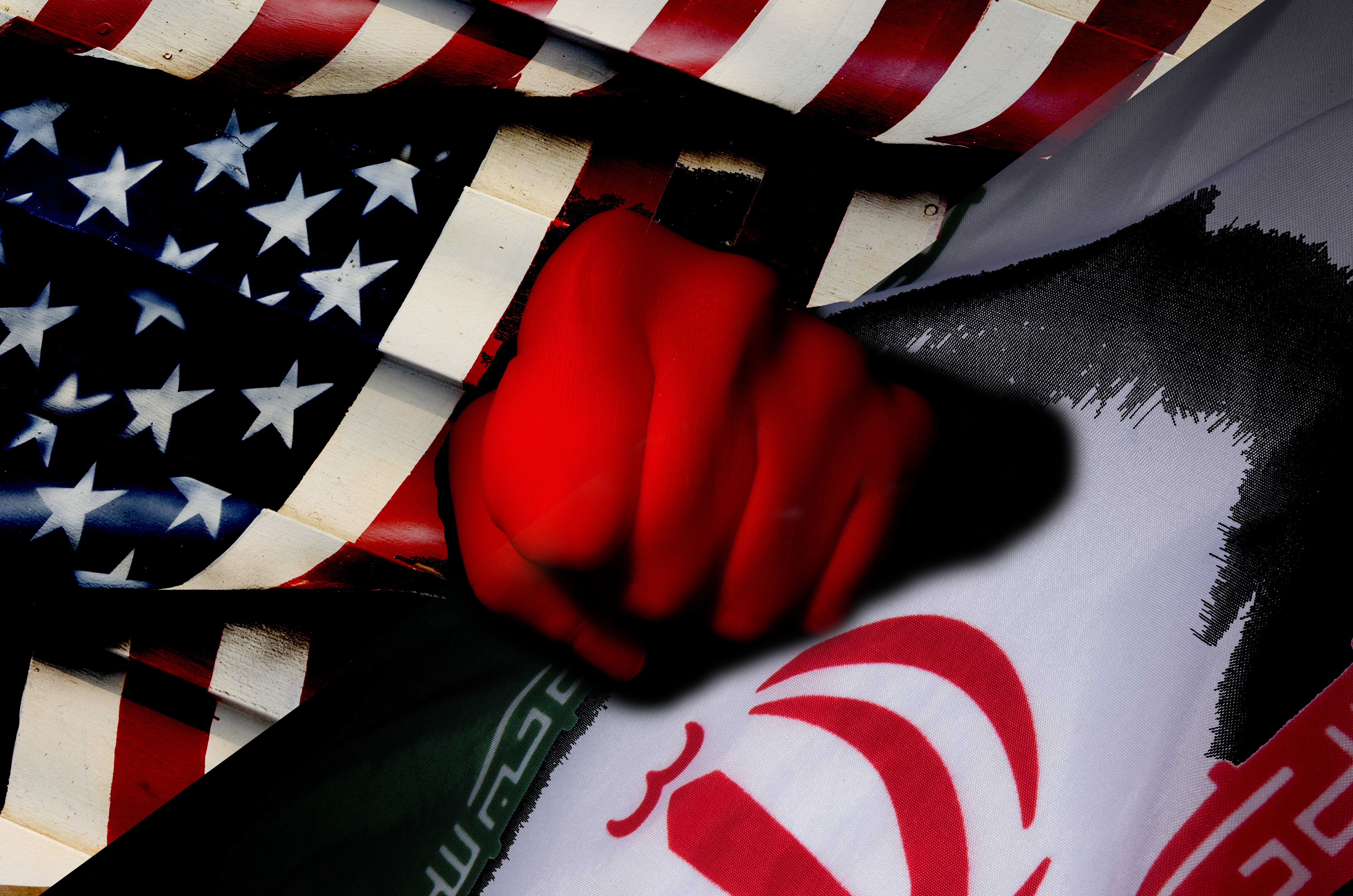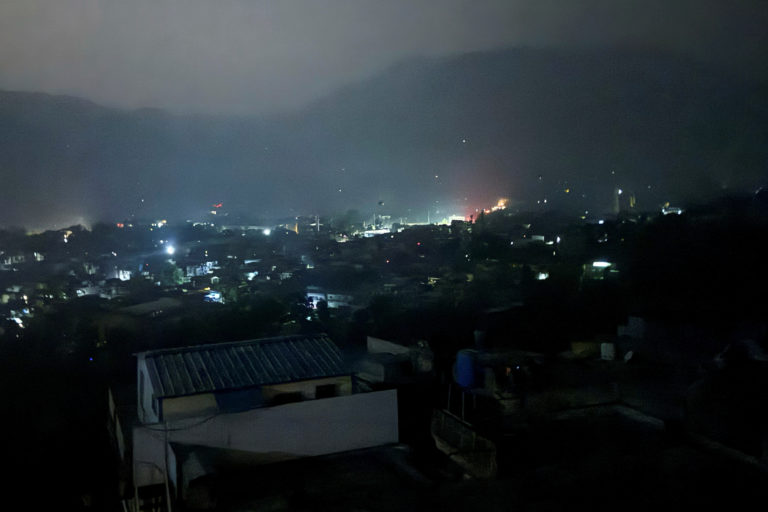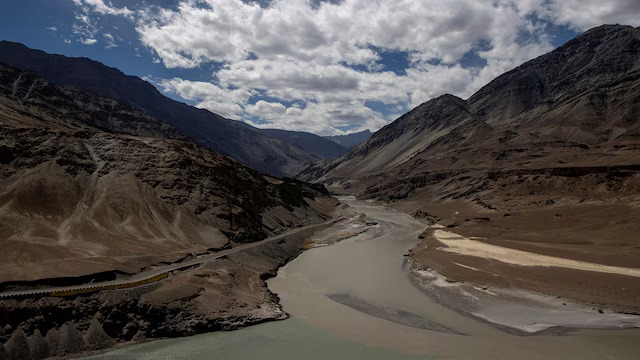
Sina Azodi
Never Interfere with Your Enemy When He is Making a Mistake.
After months of speculation, President Trump finally announced his controversial decision last month to unilaterally withdraw the United States from the Joint Comprehensive Plan of Action (JCPOA) and re-imposed the previously waived nuclear related sanctions on Iran. Previously, Iranian officials had warned of the consequences of a unilateral withdrawal, even threatening to withdraw from the Nuclear Non-Proliferation Treaty (NPT). Nevertheless, after Trump’s announcement Iran proclaimed that it will continue implementing the deal with other signatories to the JCPOA, if its interests are protected.
In response to Trump’s all-out war against the JCPOA, Iran played what the famous mathematician, John Von Neumman dubbed the Game Theory. According to this theory, one player (Iran) plays according to the best strategy of its opponent- in this case- the United States. Neumann argued that while this strategy may not guarantee a maximum gain, but it will prevent from a maximum loss. For the United States, the best outcome would have been Iran’s withdrawal, which would put Iran in the violation of the JCPOA(maximum loss). Nevertheless, Iranians patiently waited for the U.S. to make the first move on the deal, and outmaneuvered the Trump administration, which from the beginning pushed Iran to abrogate the deal first.
Trump’s decision to unilaterally abrogate the JCPOA delivered Iran a public diplomacy victory. For forty years, Iran was branded as a pariah state with no regards for international norms and treaties. However, Trump’s decision to scrap an international agreement which bears the endorsement of the United Nations Security Council has changed that. Iran, by fulfilling its obligations under the nuclear deal, shifted the blame towards the U.S. and maintained the moral high ground. Recently, the UN nuclear watchdog, the International Atomic Energy Agency(IAEA), published its first report after the US withdrawal, reaffirming Iran’s compliance to the JCPOA.
Iran, by fully implementing the deal, has also been able to draw a wedge between the United States and its European allies, who joined the United States in enacting and enforcing a crippling sanctions regime on Iran’s economy. However, it is noteworthy to mention that this is not a new strategy. Iranian statesmen have historically used a combination of concessions and short-term alliances to offset the pressures of hostile powers. For example, in 2003, Iranians negotiated with the representatives of Germany, France, and the United Kingdom (EU-3) to avoid a potential conflict with the United States. President Rouhani, who at the time led Iran’s negotiating team, in his book National Security and Nuclear Diplomacy states that Iran’s strategy at the time was to negotiate a deal with the Europeans in order to create a rift between the United States and the EU over Iran’s nuclear program. During the Cold War also, Iran allied with the U.S. mainly to deter the Soviet Union from invading the country.
Unlike the Obama administration, when major world powers including China and Russia came onboard with the U.S. to curtail Iran’s nuclear program, Trump’s campaign against the international liberal order has clearly angered America’s European allies. The EU has legitimate interests in preserving the JCPOA, and believes that the collapse of the deal will endanger the nuclear nonproliferation regime, and hence its security. Immediately after President Trump’s decision to abrogate JCPOA, the governments of EU-3 issued a joint statement, expressing their “concern and regret,” while simultaneously “urging” Iran to abide by its commitments; Iran has so far complied with their demands.
To be effective, economic sanctions require both coercion(enforcement) and cooperation . The current administration in Washington has already indicated that the economic sanctions will be enforced and has vowed for “historic” sanctions on Iran. Nevertheless, it is not clear if the EU states would be willing to cooperate with US extraterritorial sanctions. In fact, the EU member states have already updated the 1996 Blocking Measures to counter US extraterritorial sanctions. While no European policy can force the global European companies to trade with Iran, and many of them have already left the Iranian market, lack of cooperation with US sanctions, and a proper enforcement of Blocking Measures can undermine the effectiveness of the sanction regime.
It seems that Iran’s political establishment has concluded that while the benefits of JCPOA will never arrive, it can weather out the Trump administration’s “maximum pressure” policy by keeping the lifeline of its economy-the oil exports- open. In the aftermath of President Trump’s decision to abrogate the JCPOA, both Iran’s Supreme Leader Ayatollah Khamenei and President Hassan Rouhani, stated that if the EU guarantees Iran’s oil sales, Iran will remain in the nuclear deal. While it is not clear if the European Union can realistically meet Iran’s demands, it is expected to offer its package of “incentives” to Iran, in order to persuade the country to remain in the deal. The details of the package are yet to be clear; nevertheless, it should offer Iran certain trade benefits to counter the negative effects of US sanctions and convince Iran not to abrogate the JCPOA.
Iranians are perhaps hopeful that in the upcoming US midterm elections, Democrats can re-take the control of Congress, which could limit Trump’s freedom of action. It is also noteworthy to mention that the 2020 US presidential elections are not that far away, and it is possible-however unlikely- that a more workable president assumes office. While some pundits have suggested that Iran will be forced to negotiate with the Trump administration, I believe that no Iranian politician currently has the political capital to engage the Americans. The U.S. withdrawal from the deal has severely undermined the position of pro-engagement factions of Iran’s polity, including President Hassan Rouhani. Furthermore, Ayatollah Khamenei is unlikely to show “heroic flexibility” and bless the negotiations with the US for a second time.
The current administration in Washington is mistakenly convinced that the maximum pressure policy would bring Iranians to the negotiations table; however, this view is flawed. In the coming months Iran will face the daunting threat of harsh sanctions on its already ill economy. However, given its peculiar cost-benefit analysis, and world view, Iran is unlikely to yield to the Trump administration’s demands. Instead, it will do what it does best: wait and hope for better circumstances.
Sina Azodi is a PhD student in Political Science and a Graduate Researcher at University of South Florida’s Center for Strategic and Diplomatic Studies.







